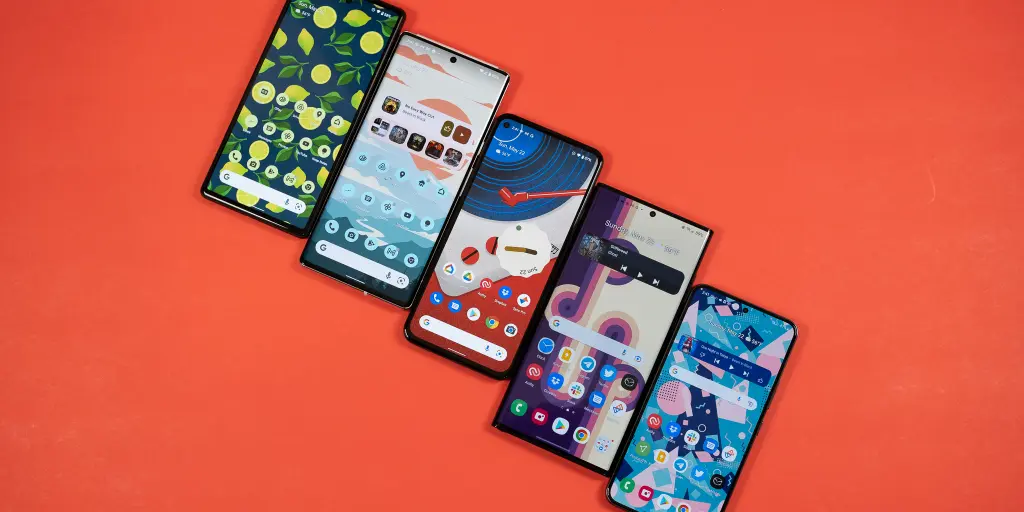Cell phones have become an essential part of our lives, allowing us to stay connected and communicate with people. However, there is a growing concern that they can cause harm to family relationships.
One study found that families spent 38% of their time on devices, with the most use during alone-together time. This lowered the quality of family time, the researchers said.
Addiction
A person with a mobile phone addiction has a tendency to become engrossed in their devices and lose touch with family members. They may not be able to communicate with their spouse or children about important matters, and their interactions can be stressful and strained.
People with mobile phone addictions have lower grey matter volumes in critical areas of the brain. These changes are similar to those observed in drug users, and they suggest that cell phone use can lead to mental health problems.
To prevent these negative effects on family relationships, set limits on mobile phone use and create a family plan that establishes device-free periods. For example, make family or partner mealtime a device-free zone to allow everyone to connect in real life.
Distractions
Parents spend a lot of time with their children but cell phone distractions can make that time less meaningful. This is because the presence of mobile devices can distract from real face-to-face interactions and creates a mismatch between how smartphones work and how social relationships should be developed and maintained.
Across two studies, the presence of phones can significantly decrease feelings of social connection among parents and their children when they are spending time together. Using the field experiment (Study 1) and weeklong diary study (Study 2), we measured how frequently parents used their smartphones while spending time with their children.
In both studies, we found that parents who frequently used their smartphones felt more distracted than those who minimized their phone use. This effect was mediated by cognitive emotional pre-occupation, which in turn negatively impacted feelings of social connectedness.
Ignorance
Mobile phones, as well as other digital media, are a powerful source of distraction for families. They can distract people from real-life interactions with their partners, children and friends.
Research shows that smartphones negatively affect face-to-face interactions, causing relationships to weaken. They also increase stress and strain in families, leading to relationship conflict between children and parents.
This can be especially difficult for kids, who may not understand how much attention they are missing from their parents. This can lead to resentment and anger, which is not only hurtful for kids but can affect their self-esteem.
The best way to prevent this is by not using your phone when you are with your family. This can be as simple as keeping dinnertime free of cell phones or establishing a rule that all calls are turned off after a certain time at night. It might seem like an impossible goal, but it can make a big difference for your family.
Mistrust
The use of cell phones in family interactions can create an atmosphere of mistrust. People who use their phones during family time – or “phubbing” – are more likely to snubb their partner, talk less, and feel distanced from them.
This is because cell phone use can distract families from spending time together. It can cause parents to miss their kids’ needs and wants, and it can make it more difficult for them to connect with each other in person.
However, it’s important to recognize that these effects are temporary. Rebuilding trust requires work from both sides.
The root of mistrust is often rooted in a person’s childhood experiences. A sudden separation of parents, bullying at school, and other traumatic events can leave a person feeling untrustworthy.


